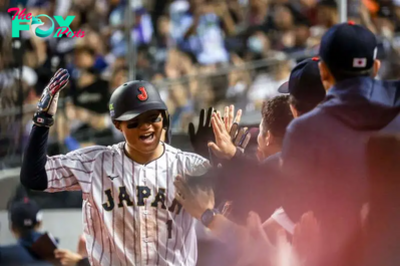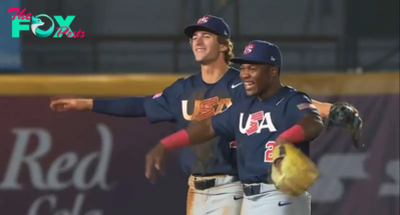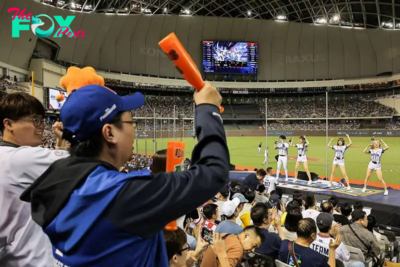MLB
MLB’s gambling policy: can a player bet on another sport?
Gambling, once the mother of vices, is now genteel. All sports have succumbed to the draw of the vast sums of money to be made by the gaming industry, becoming full partners in a corporate image rebuild. Long gone are the images of seedy bookies who will break your kneecaps, and in are the online casinos who come in the guise of a successful CEO.
And while all sports are bearing the brunt of this volta-face, none have a more complex relationship with the activity than baseball. The NFL has repeatedly turned a blind eye to infractions, offering little more than a slap on the wrist to those who break the rules. The NBA has avoided the issue ever since the NCAA point shaving scandal in the 1980s which saw the perpetrators rewarded with huge professional contracts the day that they were declared ineligible for college hoops.
But baseball, from the 1919 Black Sox scandal to Pete Rose, both cases which saw two of the greatest players to ever play the game handed lifetime bans, has held a hard line on the theme. Pete Rose was banned for legally betting on games in Las Vegas while Shoeless Joe Jackson was banned despite proof that he refused to take any part in throwing the series. No matter, said baseball, we will have no truck with gamblers. You are out.
Fast forward to 2024 and sports book companies are sponsors of the league. 38 states have legalized gambling and MLB has a multi-year, and multi-million dollar partnership with FanDuel Group, who act as the league’s co-exclusive Official Sports Betting Partner. Yes, that is a thing.
And the golden boy of baseball, the much vaunted savior of the sport, Shohei Ohtani, is in the middle of a whirlwind of allegations surrounding bets made by his friend and translator, leading many to question whether the great two-way Japanese superstar could really be completely innocent.
What is MLB’s gambling policy?
The first thing we need to do is understand what MLB’s gambling policy is. In a nutshell, any in-uniform personnel, as well as team and league employees, are allowed to gamble on anything that is not, repeat not, related to baseball. None, at any level. But any other sport is permitted as long as the bet is placed where betting is legal and they go through a legal bookmaker. A friendly wager with your cousin over the College World Series is enough to have you fired.
The actual wording of Rule 21 is as follows:
(d) GAMBLING.
(1) Any player, umpire, or Club or League official or employee, who shall bet any sum whatsoever upon any baseball game in connection with which the bettor has no duty to perform, shall be declared ineligible for one year.
(2) Any player, umpire, or Club or League official or employee, who shall bet any sum whatsoever upon any baseball game in connection with which the bettor has a duty to perform, shall be declared permanently ineligible.
(3) Any player, umpire, or Club or League official or employee who places bets with illegal book makers, or agents for illegal book makers, shall be subject to such penalty as the Commissioner deems appropriate in light of the facts and circumstances of the conduct. Any player, umpire, or Club or League official or employee who operates or works for an illegal bookmaking Business shall be subject to a minimum of a one-year suspension by the Commissioner. For purposes of this provision, an illegal bookmaker is an individual who accepts, places or handles wagers on sporting events from members of the public as part of a gaming operation that is unlawful in the jurisdiction in which the bets are accepted.
Shohei’s case
The issue with the accusations surrounding Ohtani is not about the sports that the bets were placed on. There is no dispute that they were to do with March Madness and the Super Bowl, both of which are permitted. The real issue is that sports betting is not legal in California and the bookie used was already under federal investigation. If there is any sign that Ohtani knew anything at all about this, then not only did he violate Rule 21 but could also find himself afoul of federal law.
At the moment, opinion in the Dodgers and Angels clubhouses, amongst those who know him, is that Shohei is clean, with everyone adamant that he would not have placed bets on other sports, for the simple reason that he did not pay attention to any sport outside of baseball.
But that makes no difference. If Shohei offered money to pay off his friend’s gambling debt, then by definition he is an accessory after the fact to both illegal gambling and violating Rule 21. The only way for Ohtani to come out clean is to show that he knew nothing at all, at any point in the scandal. And that is a difficult ask.
-

 MLB2d ago
MLB2d agoMLB dumps Puerto Rico and Mexico from 2025 schedule
-
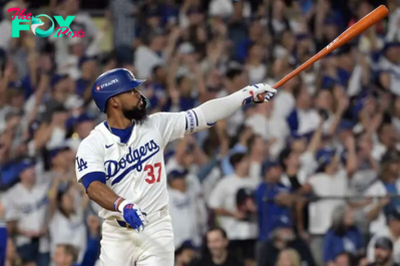
 MLB3d ago
MLB3d agoWill the Yankees and Dodgers end up trading power hitters?
-
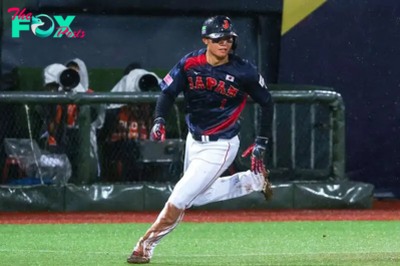
 MLB3d ago
MLB3d agoVenezuela vs Japan: Date, times, how to watch 2024 WBSC Premier12 Super Round on TV, online
-

 MLB3d ago
MLB3d ago2024 WBSC Premier12 Super Round: Who plays Nov. 22? Times, TV and streaming
-
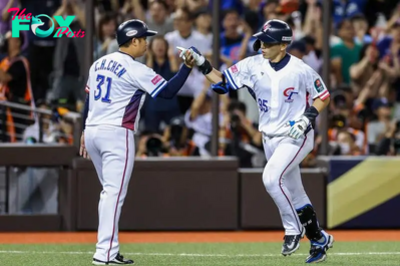
 MLB3d ago
MLB3d agoChinese Taipei vs USA: Date, times, how to watch 2024 WBSC Premier12 Super Round on TV and online
-
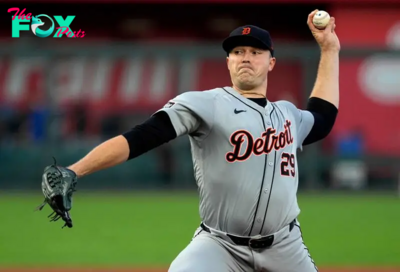
 MLB3d ago
MLB3d ago2024 Cy Young Awards crown Tarik Skubal and Chris Sale
-
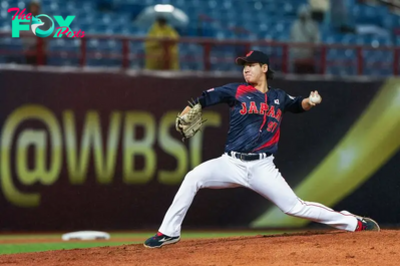
 MLB3d ago
MLB3d agoUSA vs Japan: Times, how to watch 2024 WBSC Premier12 Super Round on TV and online
-
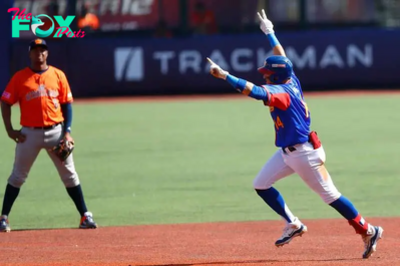
 MLB4d ago
MLB4d agoChinese Taipei vs Venezuela: How to watch 2024 WBSC Premier12 Super Round on TV and online
